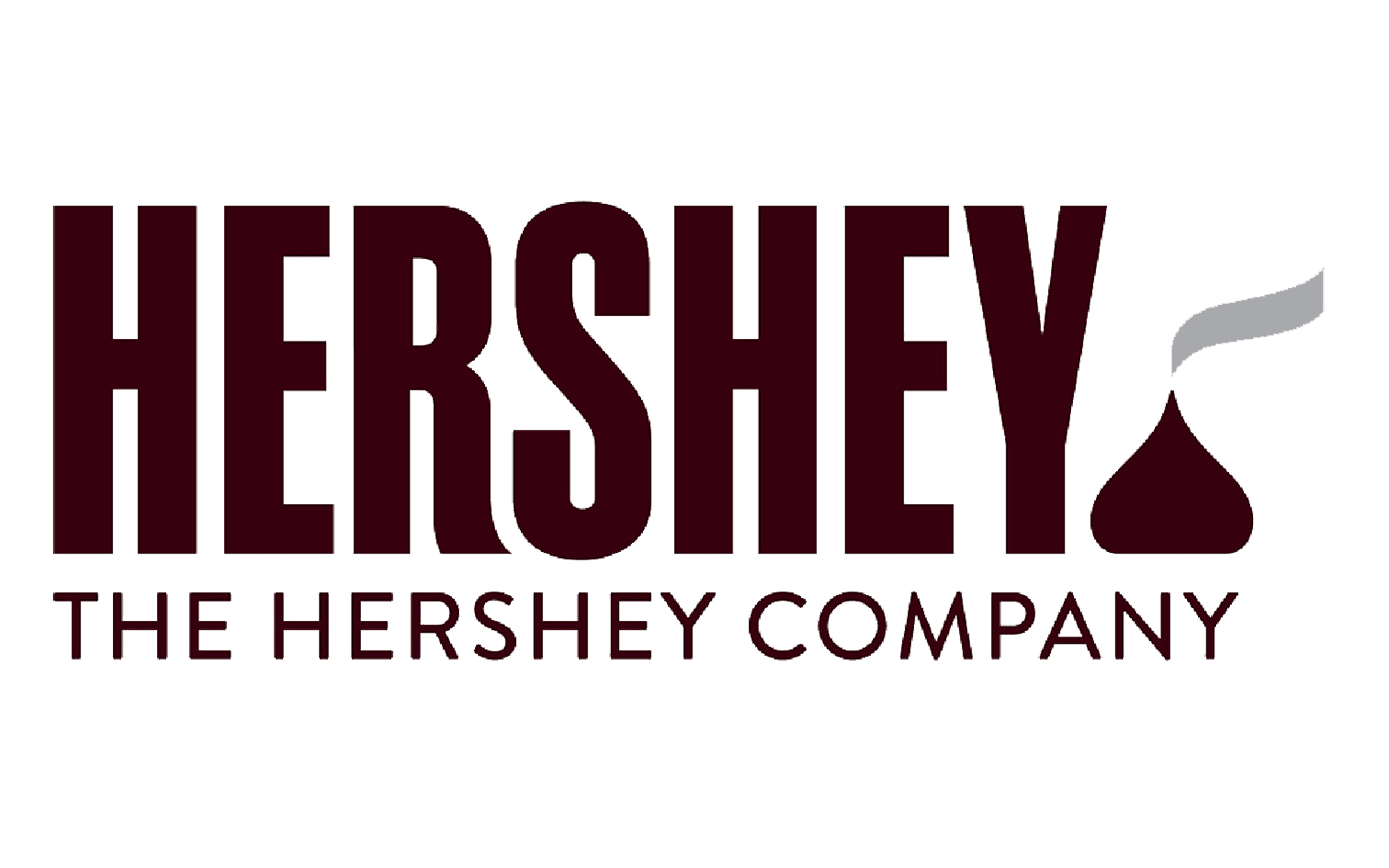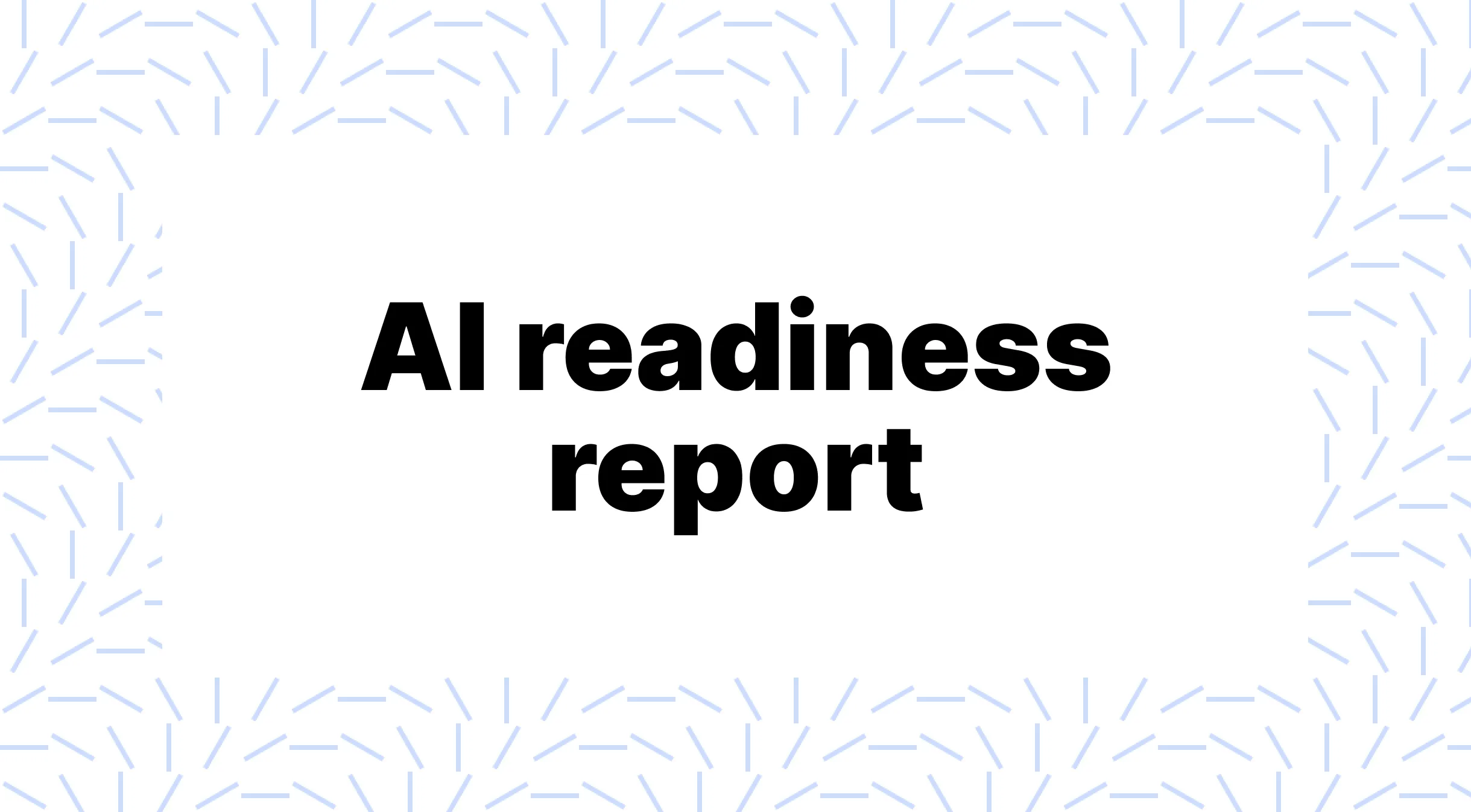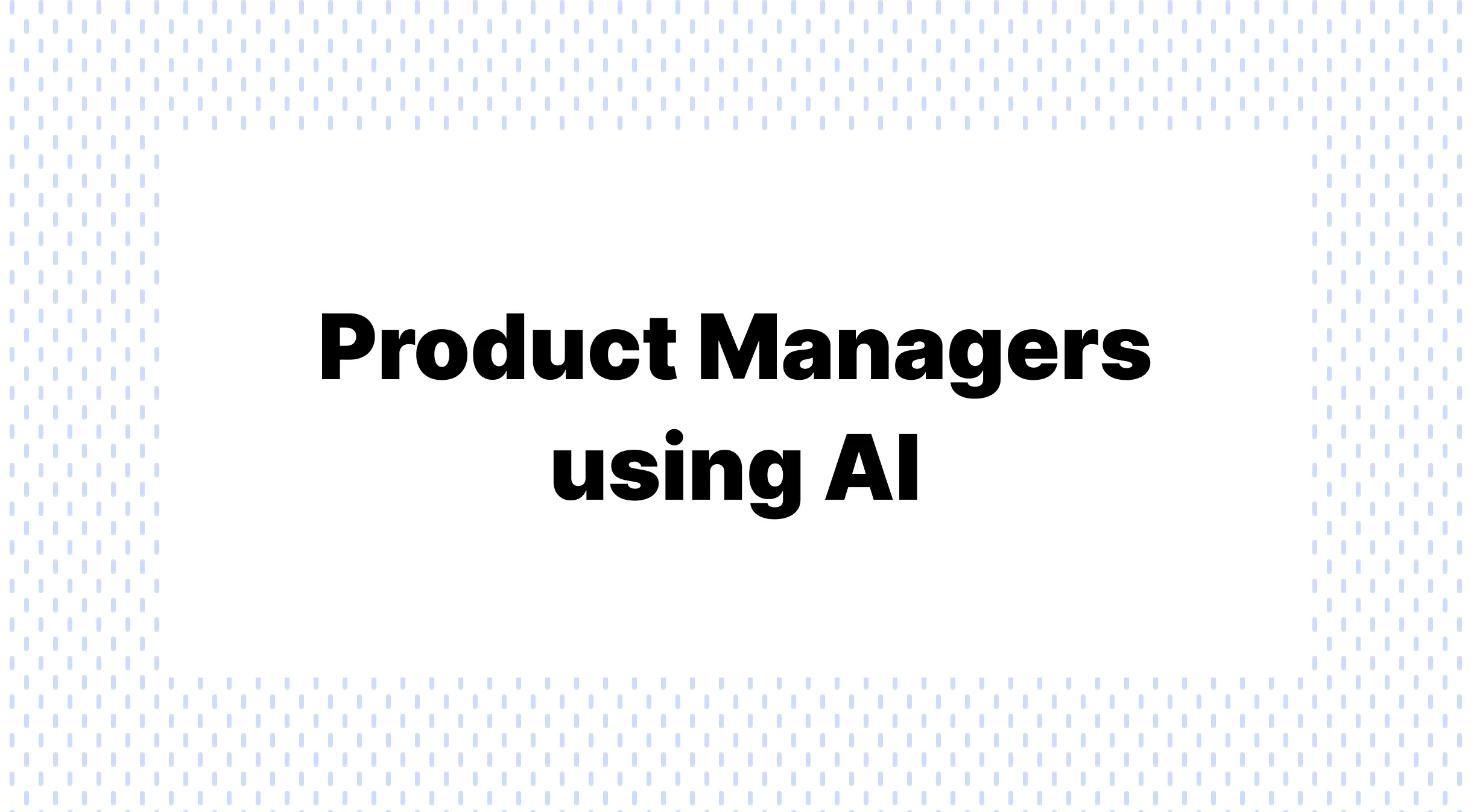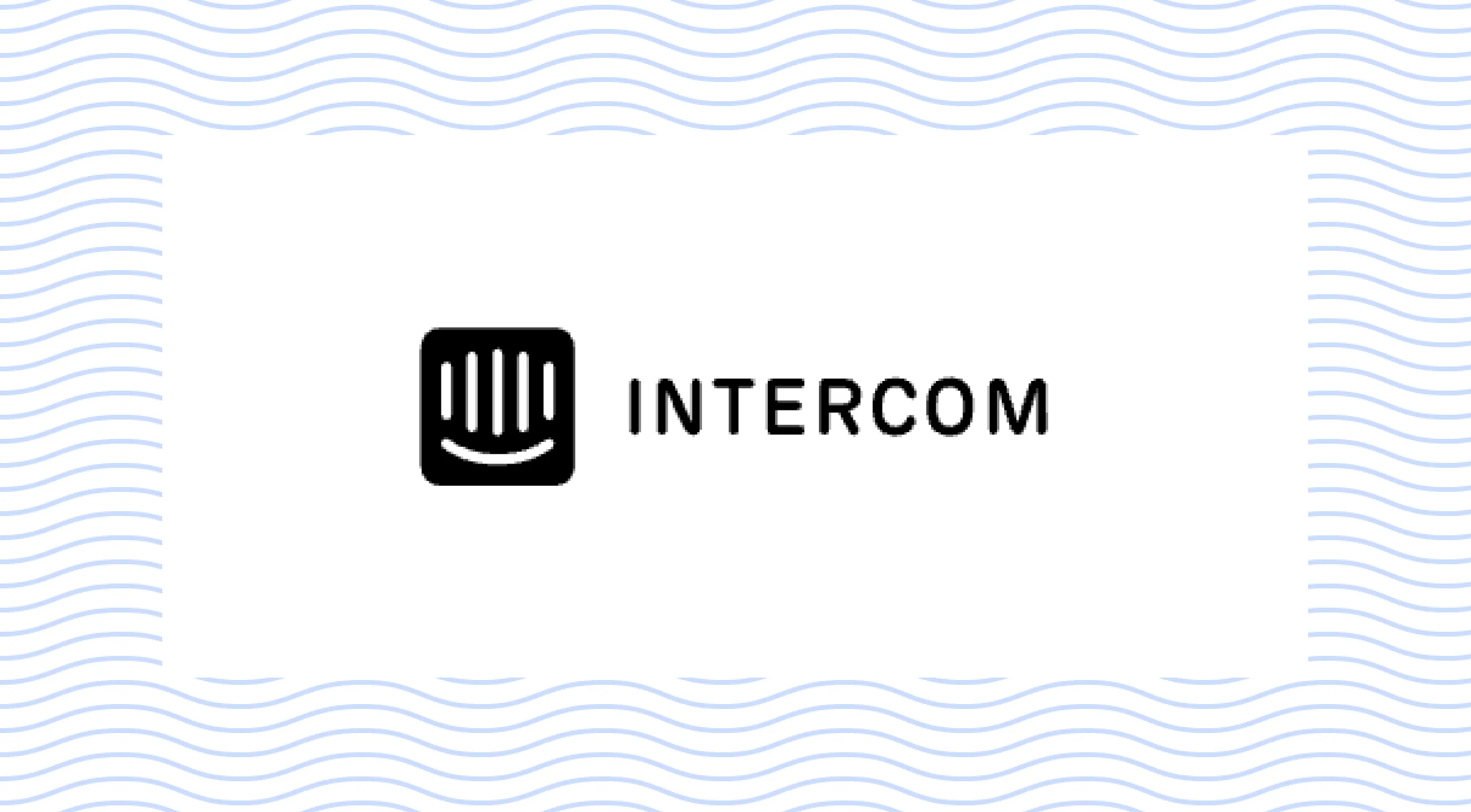How Deel uses AI in its business
I’m exploring how businesses are using AI and am excited to bring you a deeper look at how Deel is implementing it internally and rolling it out to customers.
Deel is an all-in-one HR platform that guides businesses through the complex maze of international payroll and compliance. Founded in 2018 by Alex Bouaziz and Shuo Wang, the company operates in more than 150 countries and employs 3,000 team members globally. They’re headquartered in San Francisco.
A big thank you to Aaron Goldsmid, Deel’s Head of Product, for spending time with me and answering my (many) questions.
What stood out to me the most from this conversation;
- By building solutions for internal problems, you can also solve customer problems
- The thinking around building your own LLM, training an LLM or using off-the-shelf
- How a build versus buy mentality in a company’s DNA changes your approach
- Looking past reactive applications of AI into proactive ones to help businesses grow
- How to determine what work should be offloaded to LLMs
- The importance of your data, accuracy and avoiding hallucinations
Where they started
Hiring and compliance can be a minefield in today’s remote-first, post-covid world. Hiring is complex enough, but add in different countries, taxes, government policies, contractors vs payroll employees yadda yadda, and suddenly companies hiring remotely have a complex set of challenges to deal with.
HR platforms and employment workspaces are very ops-heavy. One of the key things to scaling is automating all of that.
That’s what Deel’s platform does. And it’s working.
Deel (last valued at $12 Billion) has raised over $675M and grown to $400M Annual recurring revenue. Deel in January said its ARR had reached $295 million, up from $57 million at the end of 2021. source
That growth is insane.
To automate as much as possible, they’ve been integrating AI into how they do things internally for a long time. Some of the boring ways (Aaron’s words) they’ve used AI over the years include:
- Completing forms
- Reading forms
- Identifying receipts
- Looking for anomalies in terms of fintech crimes
"These are things that have been done for 10 years. And now because we’re calling it AI, it’s sexy. But it’s not really.”
They aren’t the kind of AI applications that we’re referring to nowadays. These ‘old-world’ AI solutions are largely automating routine, rule-based tasks. Today's AI is characterised by its ability to handle complex, unstructured data, learn from it, and provide insights and solutions that were previously impossible.
Discovering the right problem to solve
Deel operates in over 150 countries. That’s over 150 different compliance rules, tax policies, HR systems etc. The amount of information they have to handle is impossible for any human.
But Deel needs to be really good at it.
Finding the right answers quickly was, understandably, a challenge for employees.
Suppose an employee wants to know what the rollover vacation policy is in the UK and they’re asking the manager sitting in California. It takes time and resources to look up this information.
“This kind of situation isn't great because it takes your HR professional, or really anyone in an organisation, out of the conversation they want to be having with an employee. I am a manager. It took me out of the conversations that I wanted to be having about employees who want to keep engaged, keep excited - to be talking about how to grow our business instead.”
So they thought about what they could build here.
With their small army of compliance lawyers and tax professionals, the team spent months building a knowledge base - something they believe is now the greatest corpus of work-employment-tax-compliance knowledge on the planet.
“What we realised is that this was something that the world, our clients, our workers and our own internal organisation really needed”.
The knowledge base was built on the same framework as Wikipedia. And what that looks like to a user is essentially an accurate work-employment-tax-compliance search engine.
So now, a manager with questions to answer can go to this tool, type in ‘rollover vacation policy UK’ and boom, the answer is right there. Within a couple of seconds, there’s a response versus three or four steps of looking it up, checking with another teammate etc.
Deel tested hundreds of thousands of these queries before they exposed them directly to their first clients.
In testing internally, whenever an employee got a bad answer or no answer at all, they could downvote it. Their content team had a 24-hour SLA (Service Level Agreement) to create an answer and then have it vetted by their compliance professionals for accuracy.
“We have a content creation team that has a 24-hour SLA to create that answer and have it vetted by our compliance professionals which by the way is super cool, because we found out all the gaps.”
Building an LLM or using off-the-shelf
I asked Aaron why they used OpenAI over building their own LLM.
It was part-strategic, part no-brainer.
Building an LLM from the ground up is a colossal task. As Aaron puts it, you need the equivalent amount of information of all of Bloomberg’s financial history for the whole globe for the last forty years for it to be worth it.
You can fine-tune LLM’s. But they didn’t do that either. Again, because of the amount of information needed for it to be worth it.
“[you need] roughly all medical articles and all medical journals for the last hundred years to tune an LLM effectively.”
So they’re using OpenAI.
Using OpenAI has meant they could build fast. They also have access to a sophisticated, continuously evolving AI model.
They’re customising it, of course. They’re prompt engineering it so that it works on their use case really well.
The impact is twofold:
- Deel benefits from cutting-edge technology without the extensive resource investment required for development, and
- Their platform gains enhanced capabilities in handling complex, global HR and payroll queries with improved efficiency and accuracy.
Having a strong bias to build vs buy steered Deel away from using other products like Glean for its use case. But also because of what they wanted to build on top of it in the future…
The Product
I was given a quick demo of the product. It looks like a chat interface with some pre-canned queries.

When submitting a query like “How many people did we hire this month?”, instead of returning just a number, it showed a graph of hires in the last 12 months with a trending line.

Not only is it telling you the answer but it’s putting it in context with what you want to see based on adjacent questions you’d likely want to ask. How does this compare to last month? Where in the org are those hires? Where in the world are they?
Other tools Deel has built internally:
- Workbenches for their CS folks so that when you get a ticket it gets routed to the person with the most expertise in that particular area based on recently closed tickets.
- Anomaly detection for people doing wonky things with payments so they can send to their fintech crimes to investigate.
- Expense management so that when you send a receipt, it reads it and inputs it correctly.
- Filling in applications across different governments.
The impact on the team
Building this platform has improved how Deel employees handle information retrieval. This kind of work may seem fairly trivial or standard in the age of AI, but this has massively improved their experience at work.
“Think about it from the perspective of an employee, especially when you're talking about something like parental leave - a super high anxiety conversation. As a manager, I want to be present. I want to be engaging with you. I want to be supportive and excited for you in all the ways that you are. Using this tool, instead of me having to go do a bunch of Slack messages on the side, I can literally pull up the thing and 30 seconds later, we have our answer and now we're on to ‘how are we talking about coverage? How are you thinking about it? How can I help? What can we do to support you etc? It's just life-changing.”
And from a business perspective, the whole Deel team has won back time - a lot of it.
Rolling it out to customers
Internally, the platform had been a success.
Now to release it to customers.
They started by only giving access to some of their closest customers - the ones that, if something in Beta went a little awry, they’d be able to deal with it the right way. Gradually, they’ve been able to roll it out to more as the platform improves and becomes more robust.
What Deel got right to make this worthwhile for customers:
Accuracy. Getting things wrong is not just bad - it’s terrible from both a compliance perspective and from an employee’s perspective. It’s a relationship killer.
They built their data structure in such a way that makes it very easy for the LLMs to do their job and are prompt engineering to ensure each response has a source to refer back to.
Deel structures its data into analysis models designed for high throughput read and write.
Privacy. Privacy is a top concern for Deel. They’ve implemented robust measures to ensure data security and confidentiality. Like single-tenant environments, for example. In Aaron’s words, with multi-tenant architecture, “you’re only one customer ID away from getting someone else's data”.
They focused on making the data segmented so no hallucination could allow for other data to be brought in.
Access. For small organisations, Deel AI enables them to operate the same way big companies do. Performance marketing teams the world over have analysts; finance teams have FP&A professionals. What’s the equivalent for HR teams? There aren’t any unless you’re at companies like Google, Apple, Unilever etc.
Speed. For big organisations, instead of asking someone something who then goes and asks someone else and someone else, Deel AI cuts down the time to the answer significantly.
“it's like essentially giving everyone their own data analyst.”
As an exec at a company like Deel, if you need some data about the organisation you’ve got a team that you can ask to get it. They’ll probably go talk to someone else etc. At a huge company, it may take weeks and you get a fancy PowerPoint, several meetings and a bunch of people probably did a bunch of work that you didn’t need them to do.
If you’re in a smaller organisation there’s not likely a person in charge of that. So how can you query the entire company’s data? If you wanted to know:
- How many employees did I hire last week?
- What’s my average tenure of salespeople?
- How many employees do I have in this country? What are their names?
Being able to expose that is pretty powerful.
If someone in your organisation doesn’t have the time, resources, or people to help or lacks the technical skillset, with Deel AI the answers are seconds away.

The customer experience
Head of People at GitPod uses Deel’s AI product internally
To see how Deel AI is impacting customers, I spoke with Eva Hyder, Head of People at Gitpod.
An example she gave was about trying to find information about UK pensions - specifically her needing to understand a deduction inside someone’s pay slip.
Eva asked a support team member and Deel AI at the same time. As she was waiting for the response from support, AI gave an answer that was more in-depth than what support came back with.
Then after asking a follow-up question (to both support and the tool), the AI immediately gave a concise response, while support had to escalate it on their end which took a day and a half to get a response.
“I wear a lot of hats at our company, supporting many of our operations. My day has to be so rigid, so I usually like to work on one thing at a time. It’s very helpful for me when I can do a task all at once rather than context switching. Deel AI allows me to do that because I can find what I need in one go, rather than going back and forth.
We're in 14 countries, we're globally distributed. I'm on the West Coast in California, US. Our center of gravity is in Europe. So being able to get super quick answers and being able to compare it with support, who I actually really do trust a lot, made me feel like I could trust the response.”
The future of AI at Deel
Proactive insight
When thinking through the current state of how AI helps Deel, it’s answering questions—it’s giving people information.
Looking ahead, Deel envisions a future where their AI not only responds to queries but also proactively provides insights around that information.
This was the big thing they wanted to build on top of their system (and why they didn’t use off-the-shelf tools): a smart ‘analyst’ that infers what you’re asking and what you likely want to know next.
An example:
Currently, if you ask the AI tool “What is the tenure of our sales reps?" it can give you the answer and perhaps how it’s fluctuating over time, which is helpful.
In the future, Deel wants the tool to give more insight, e.g. “tenure is below the industry standard”, or “if you’re looking at expanding to this country—the market is just as good and you can hire 20% more people for the same budget”.
This shift towards a more proactive AI assistant aligns with Deel's vision of driving business growth, offering not just support but also guiding organisations in making informed decisions.
It’s a leap from reactive problem-solving to active engagement in business strategy.
Worker access
It’s in Deel’s imminent pipeline to open up the AI platform to their global roster of workers. So that’s the people who are hired by the clients who use Deel as a platform.
“We want to be the most worker-friendly HR platform on the planet. So it's a no-brainer for us. Knowledge is power. We want to give the workers knowledge so that everyone's just happier and better.”
Using AI internally
Deel is committed to enhancing internal processes by embedding AI into their operational fabric. Processes like:
- Streamlining support queries
- Improving decision-making processes
- Overall operational efficiency
Overall I’d say Deel is not just an advocate of integrating AI, but also an active user of the technology they develop.
When they use their AI tools, they test how good they are and keep improving them, ensuring it's practical and fit what businesses need.
What are the opportunities?
What can we learn from Deel and what are the opportunities?
1. Building AI applications:
Deel didn’t explore building an LLM or even fine-tuning one, given the data needed to make those effective. But getting an LLM to be accurate, provide sources and never hallucinate is a challenge that many companies are experiencing today.
Many companies have only scratched the surface of ‘what’s possible with AI’ and are (perhaps incorrectly) looking to fine-tune an LLM. You could create content to help educate folks on this topic; assess the options, how to implement an effective solution (with accurate data) etc. Format-wise, it could be a newsletter, course, consulting, or productised service.
2. Implementing AI at work:
Deel has a high build vs buy approach which is what made them lean into building their internal tool. Looking for what would make the team more efficient, by analysing what are slow, arduous tasks that many team members experienced, they thought an internal AI search tool would be valuable.
Think of all the small tasks that you have to do each day that may take you out of your deep work, that could feasibly be delivered by an AI solution.
When I was recently at an 800-person company, I was working on a course for new customers with my team. Months later we found out one of the marketing teams was planning content to help the types of customers we were looking at serving too. If we’d known that months earlier we could’ve collaborated and made a bigger impact on launch.
Given the resources, if Slack messages were fed into AI across all channels it could pull out similar work opportunities that could benefit from collaboration.
There are countless examples of this in larger companies happening every day.
If you’re adopting AI in your business, here are some things to consider:
- What models are good enough to use for our use case?
- How are we going to stress-test this and improve it?
- Is this something internal that could be extended externally?
- How is our data structured? Is that optimal for an LLM to understand?
- What is our relationship killer? What is essential for ensuring trust in the AI outputs? (sources, accuracy etc)
- If we buy vs build, what limitations does that have for future plans?
- Is buying off the shelf the best way to test a solution?
- What information is constantly being asked internally and externally?
- How much time does this solution save us? our customers?
- What is our quickest way to a valuable product experience?
- What are we doing now that is slow, arduous and takes people time to complete?
- Where are the gaps in sharing information and context in our organisation?
More like this
Start learning today
If you scrolled this far, you must be a little interested...
Start learning ->Join 3,107 professionals already learning
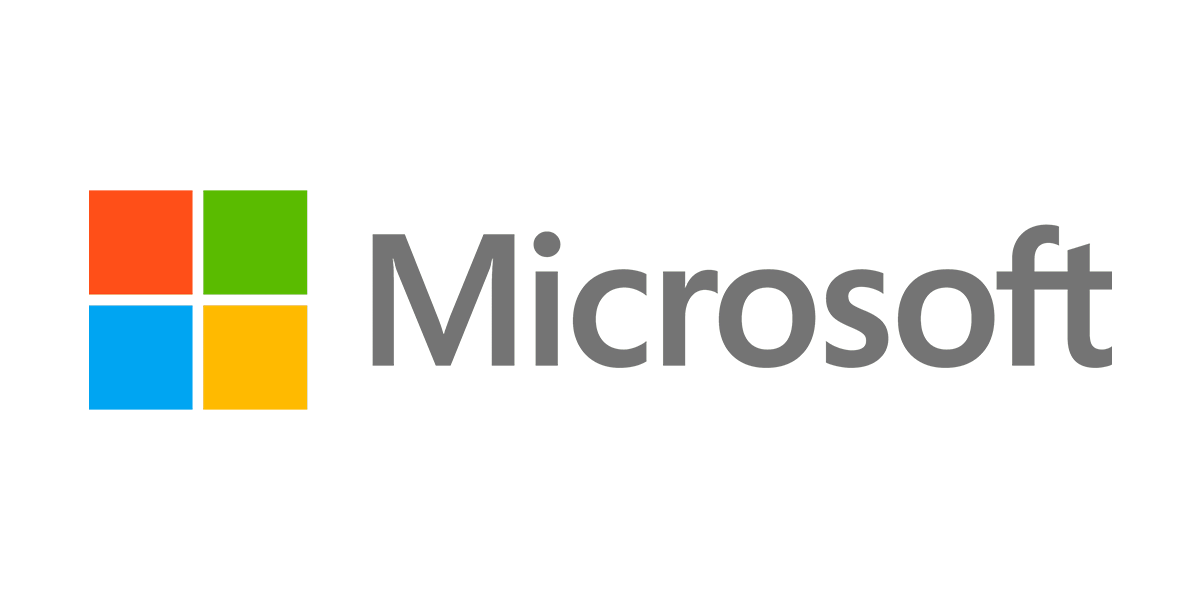
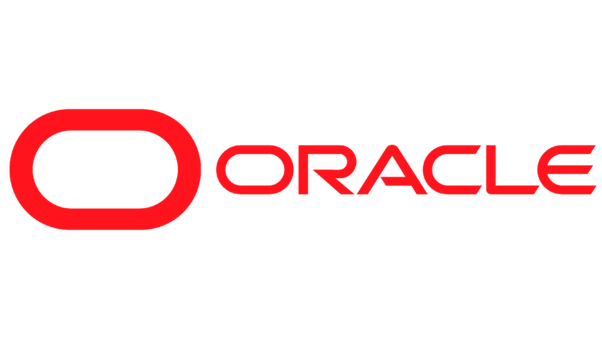
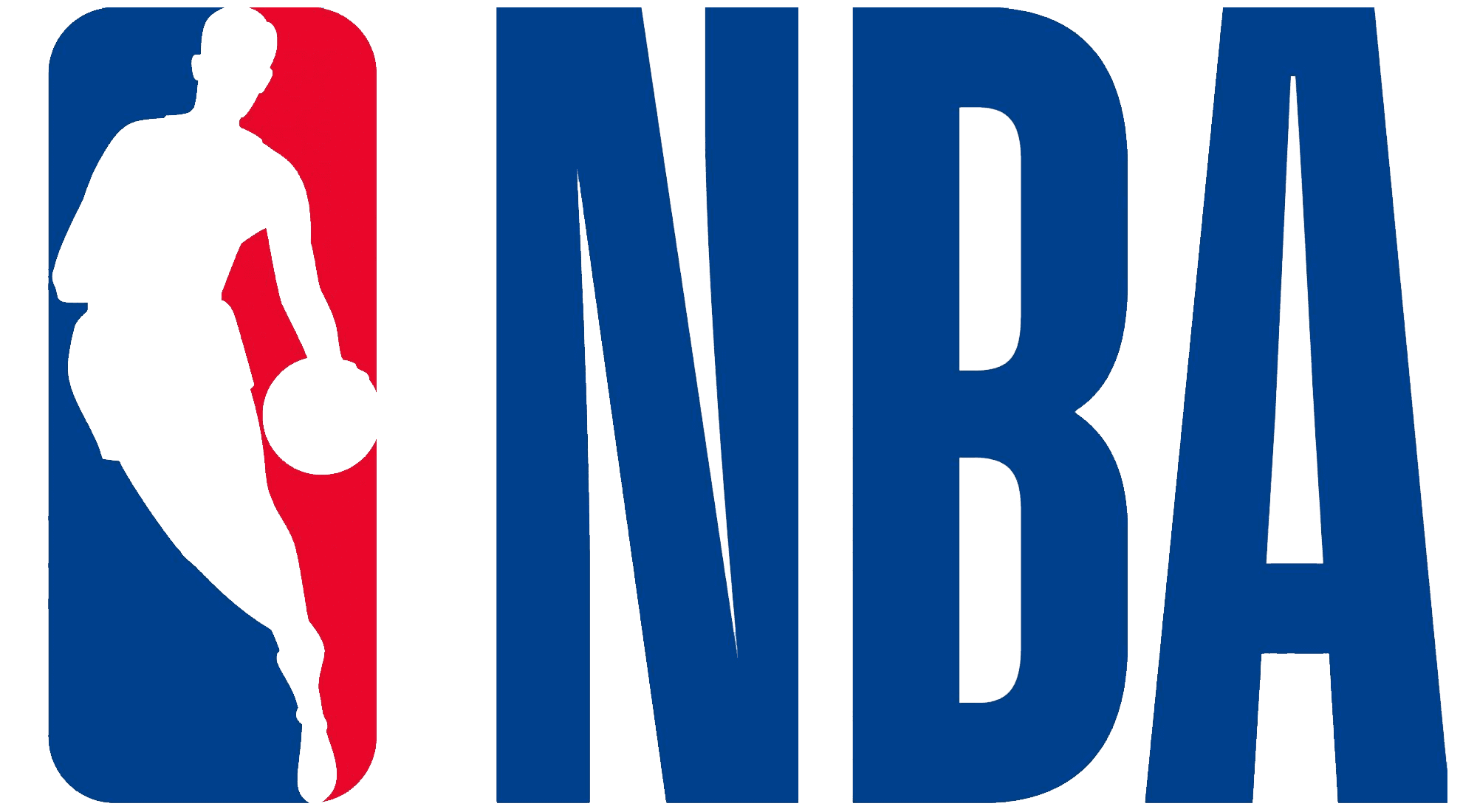







.png)


